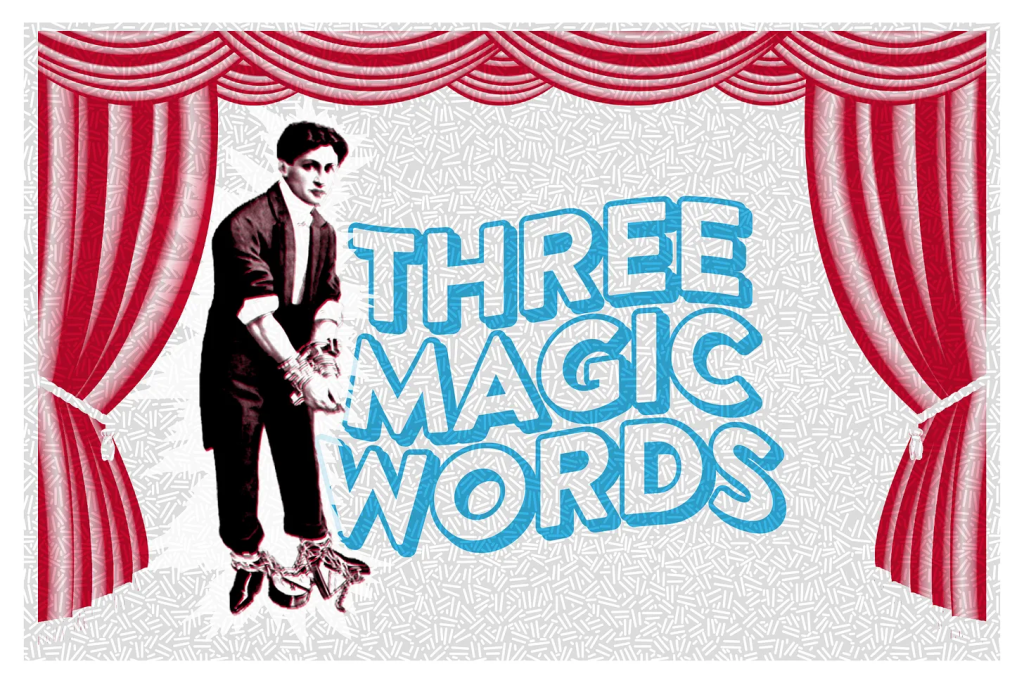
By Marshall Allen
Laurie Powsner had recently left her full time gig as a social worker, so this year she and her husband got their insurance coverage on the individual market.
The health benefits came with a hefty deductible. That led to sticker shock after she got an echocardiogram at a hospital near her home in Princeton, New Jersey.
Her portion of the bill came to $1,650. Laurie, 60, has been reading my Allen Health Academy newsletter, so she called the hospital to challenge the bill. She politely asked the billing representative what she now calls the three magic words: “Is this negotiable?”
I love the way Laurie framed the conversation. She could have been pushy and demanded a discount, but that would have likely made the billing rep defensive. She could have asked directly for a discount, but that gives the billing rep the opportunity to simply say, “No.”
Asking, Is this negotiable? is a non-confrontational way to propel the debate in the patient’s favor. That’s because there’s only one truthful answer when you ask whether hospital prices are negotiable: “Yes.”
If you’re a working American who is self-pay or covered by a commercial or individual health insurance plan – those hospital prices are all negotiated. Laurie’s bill is a typical example. The hospital initially charged $19,375 (!) for her echocardiogram. That’s the chargemaster rate, the made-up sticker price that nobody is supposed to pay. That made up charge is merely a starting point for insurance companies to negotiate discounts.
Laurie’s insurance company put its “allowable amount” – the discounted price it agreed to pay – at $2,282. The insurer paid $632, leaving her with the bill for $1,650.
Laurie doubted she would get a break when she asked if the bill was negotiable. She knew she had a high deductible – the portion you have to pay before your insurance kicks in. She figured she had to pay it.
“I can give you a 50% discount,” the woman said, like it was no big deal.
With those three magic words, Laurie saved $825!
Welcome to the absurd world of medical billing. Where a 50% discount is as matter of fact as putting on your pants in the morning.
Laurie felt an immediate thrill. It couldn’t have been easier. That’s how it often happens. It can be incredibly simple to save big money when you challenge the health care status quo.
But often it’s not enough to just ask if something is negotiable. In my book, “Never Pay the First Bill: And Other Ways to Fight the Health Care System and Win,” and in my “Never Pay Pathway” health literacy videos, I show patients how to contest medical bills with evidence. I walk through the process of obtaining an itemized bill, with the billing codes, and contesting any inaccurate or overpriced charges. Making your argument with evidence weighs the negotiations in your favor. If necessary, it also gives you the evidence you need to lower the bill by suing in small claims court.
Will you always get a discount? Probably not! But you will never get one if you don’t ask.
Is this fair to patients? Absolutely not! But the business of medicine will continue its oppression until we practice self-defense. We need our employers to get engaged, too.
The thrill Laurie felt from saving $825 was quickly followed by anger. She and her husband could have paid the full bill, which she knows puts them in a privileged class. About 4 in 10 Americans would not be able to pay a $500 medical bill, or would have to pay it over time, according to a recent Kaiser Family Foundation poll I wrote about in a previous newsletter. As a social worker, Laurie has helped clients and friends with their medical bills. Many lower-income Americans would never ask for a discount, she said, because they don’t know that they should, or would feel ashamed. Most of them would be put on a payment plan and mired down by the debt, she said.
Let’s not let this happen. Laurie’s story is such a clear example of how easy it can be to reduce a medical bill. Let’s spread the word. Just remember, it starts with those three magic words.
Takeaways:
- Ask if your medical bill is negotiable.
- If you’re offered a discount, ask if they can make it a better one.
- Check to see if you qualify for financial assistance. The policies can be generous.
- Obtain your itemized bill, with the billing codes, and check to make sure it is accurate and fairly priced. This information could be the evidence you need to negotiate a reduction in the bill.
- Share your Victory Story with me, so others can be informed and inspired to save money on health care.


